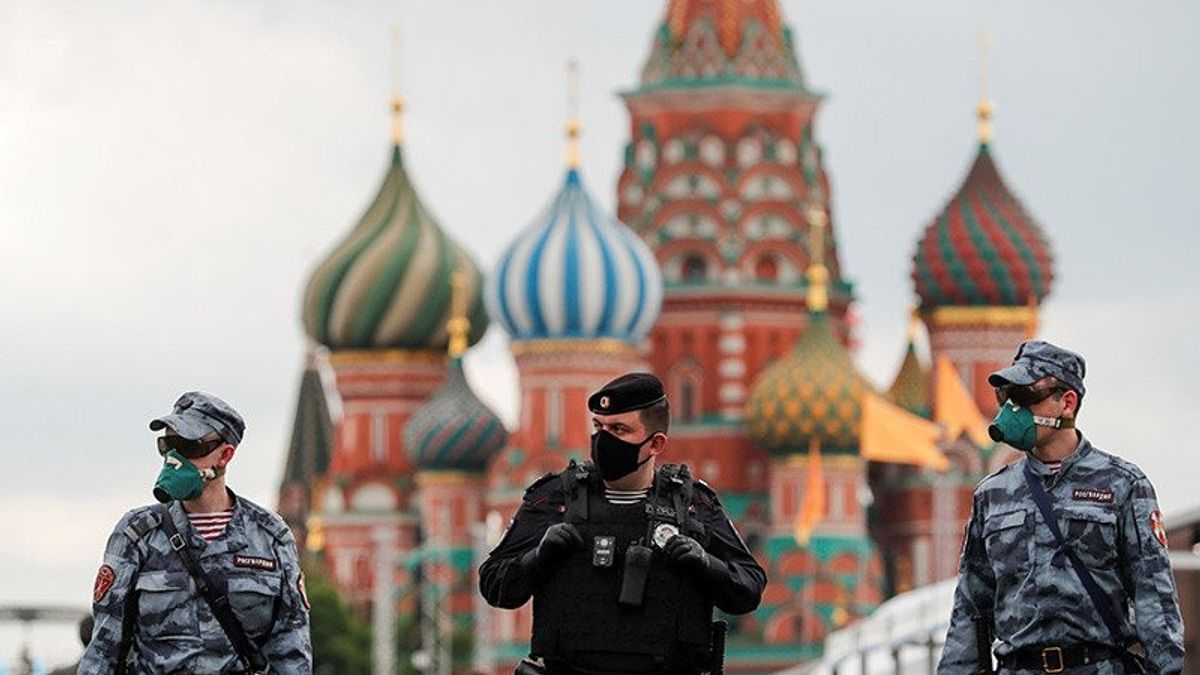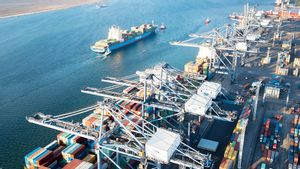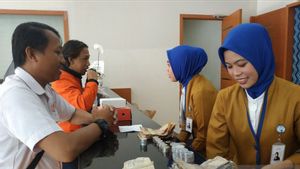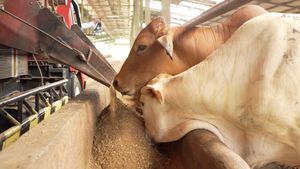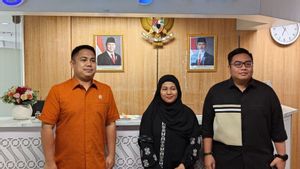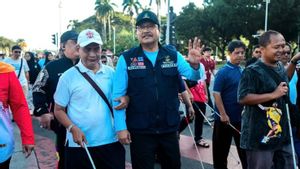JAKARTA - Russian President Vladimir Putin's order to "deploy special military operations" on Ukrainian territory certainly has consequences for the use of the budget. Moreover, the current situation of the COVID-19 pandemic has made the state's financial burden even greater.
Citing a World Bank report, it was stated that in 2020 Russia experienced a decline in gross domestic product (GDP) by 3 percent. The book compares favorably with the global contraction in the same period of 3.8 percent.
"Several factors that helped Russia perform relatively better include a substantial countercyclical fiscal policy," the World Bank said in a report quoted by the editorial team on Tuesday, March 1.
Second, in terms of employment, although it remains below pre-pandemic levels, the labor market is improving.
The unemployment rate in March 2021 was recorded at 5.4 percent, down from 6.4 percent in 2020. The situation of job reduction is inevitable. During the pandemic, 1.78 million people lost their jobs with dominant sectors including manufacturing, construction, retail and hospitality, and health/social services.
Third, switch to food prices. Cyclic and structural factors were behind the rise in items such as sugar and eggs. Higher global demand, global supply disruptions due to bad weather, and lower domestic harvests have contributed to the rise in a number of indicators.
SEE ALSO:
The structural factor stemmed from the 2014 food embargo, which reduced competition in the domestic market, as domestic production was not able to fully meet demand.
At the same time, short-term (cyclical) policy responses to rising food prices are directed at export restrictions such as bans, quotas, tariffs, and price limits and subsidies.
It is low-income and poor families that are disproportionately affected by rising food prices, as they spend almost half of their income on food.
"Therefore, a better approach to assisting those most affected by food insecurity is to increase the targeting of Russia's social safety nets to reduce food insecurity and poverty," said the World Bank.
The English, Chinese, Japanese, Arabic, and French versions are automatically generated by the AI. So there may still be inaccuracies in translating, please always see Indonesian as our main language. (system supported by DigitalSiber.id)
